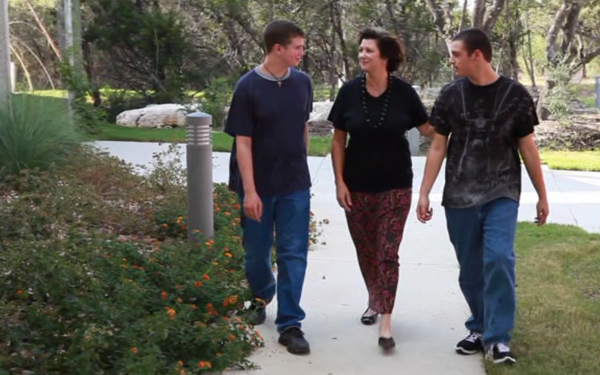Ten Ideas to Live Healthier and Feel Better: Divergent Thinkers (Aspergers, NLD) and Everyone
with Marcia Eckerd, Ph.D. Respect yourself. As hard as things have been, focus on your strengths. Your path, however bumpy, has gotten you the be the person you are. You are unique, and no one else can contribute your insight and perspective. Reach out for support. If youContinue Reading













